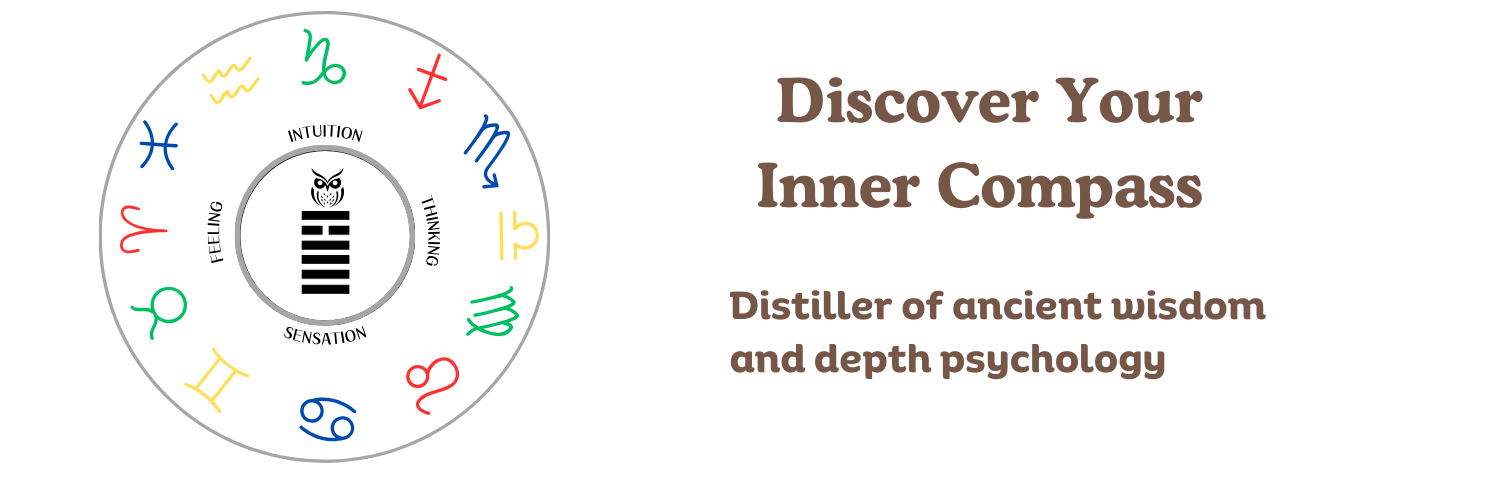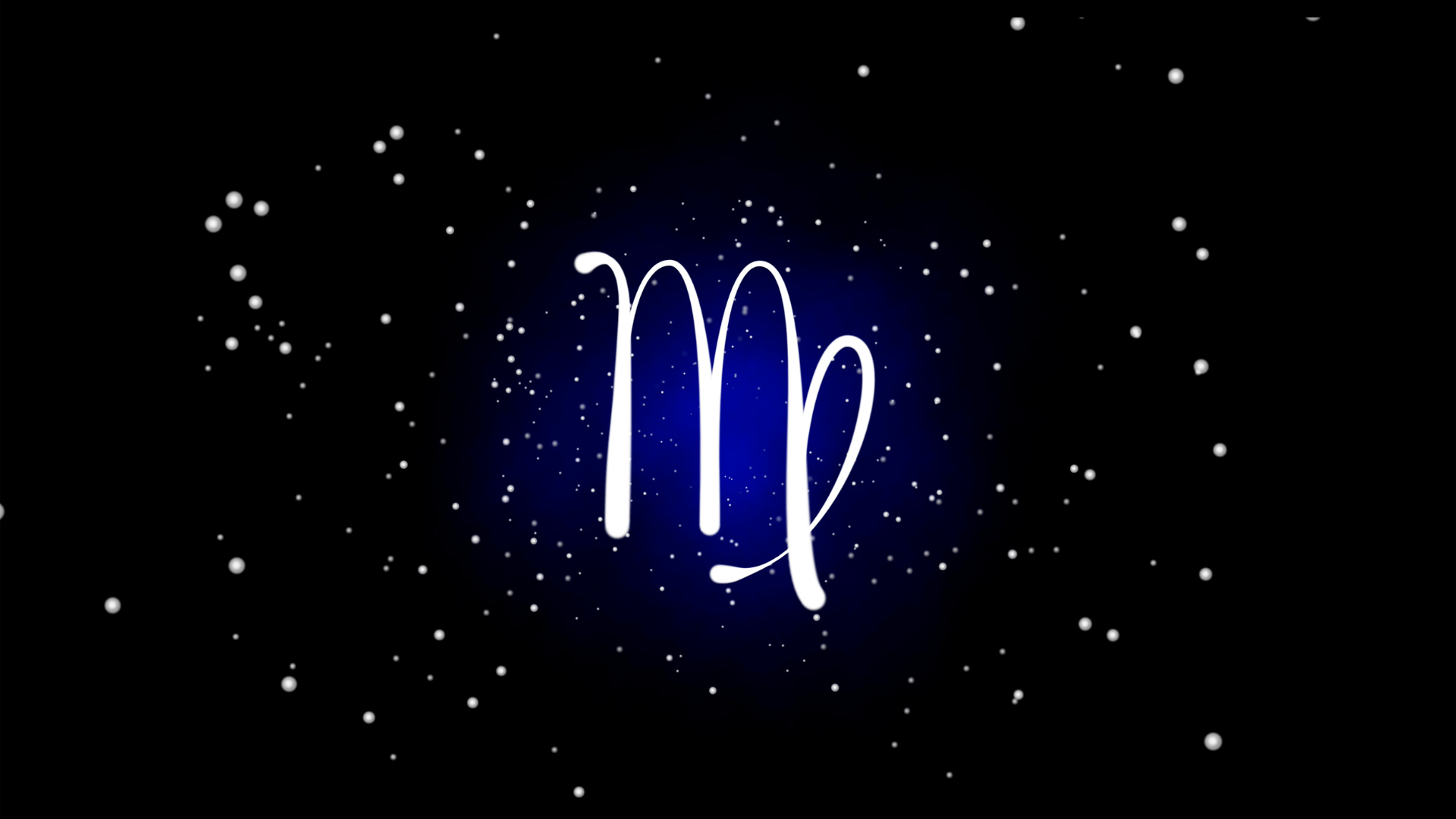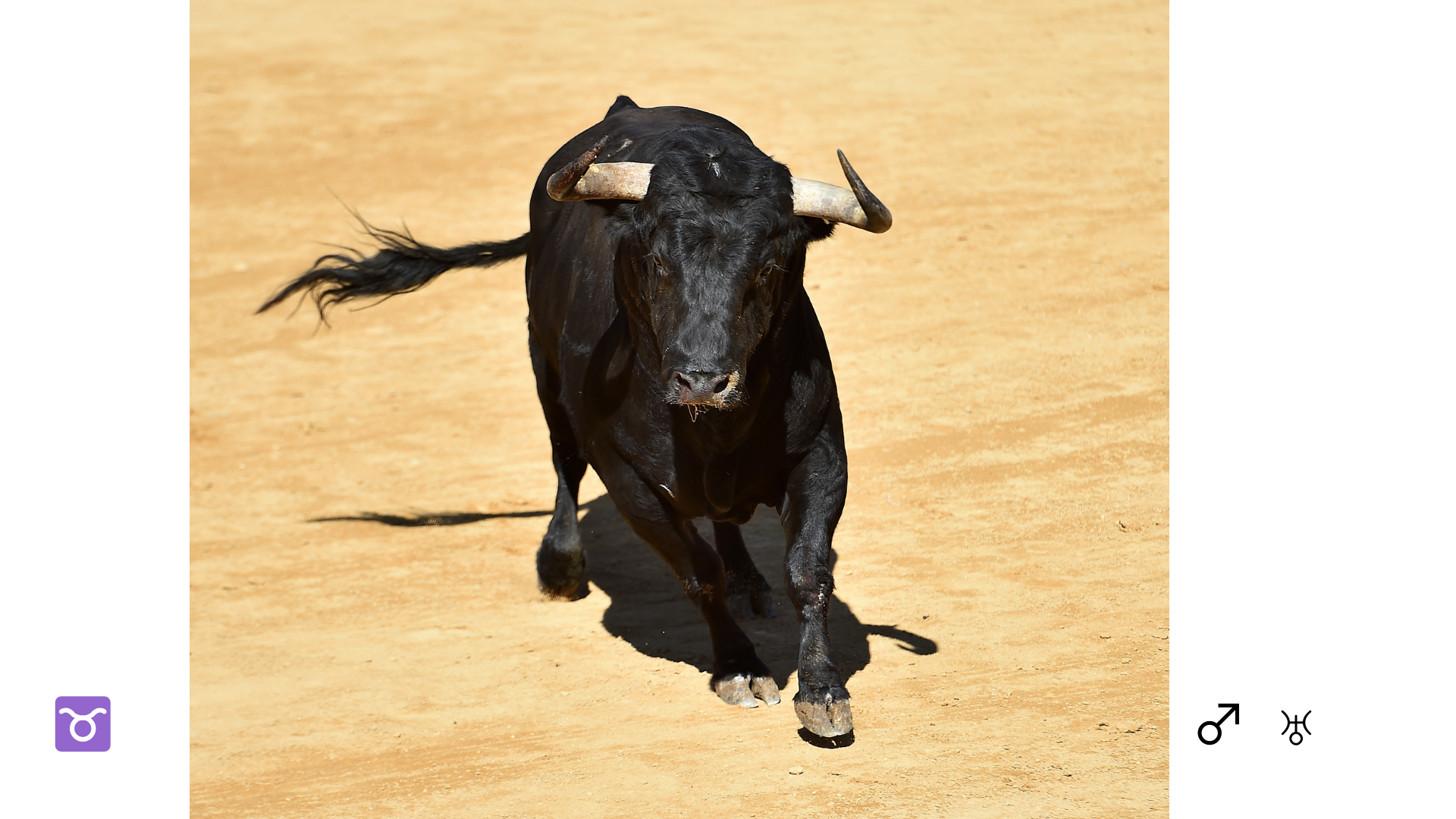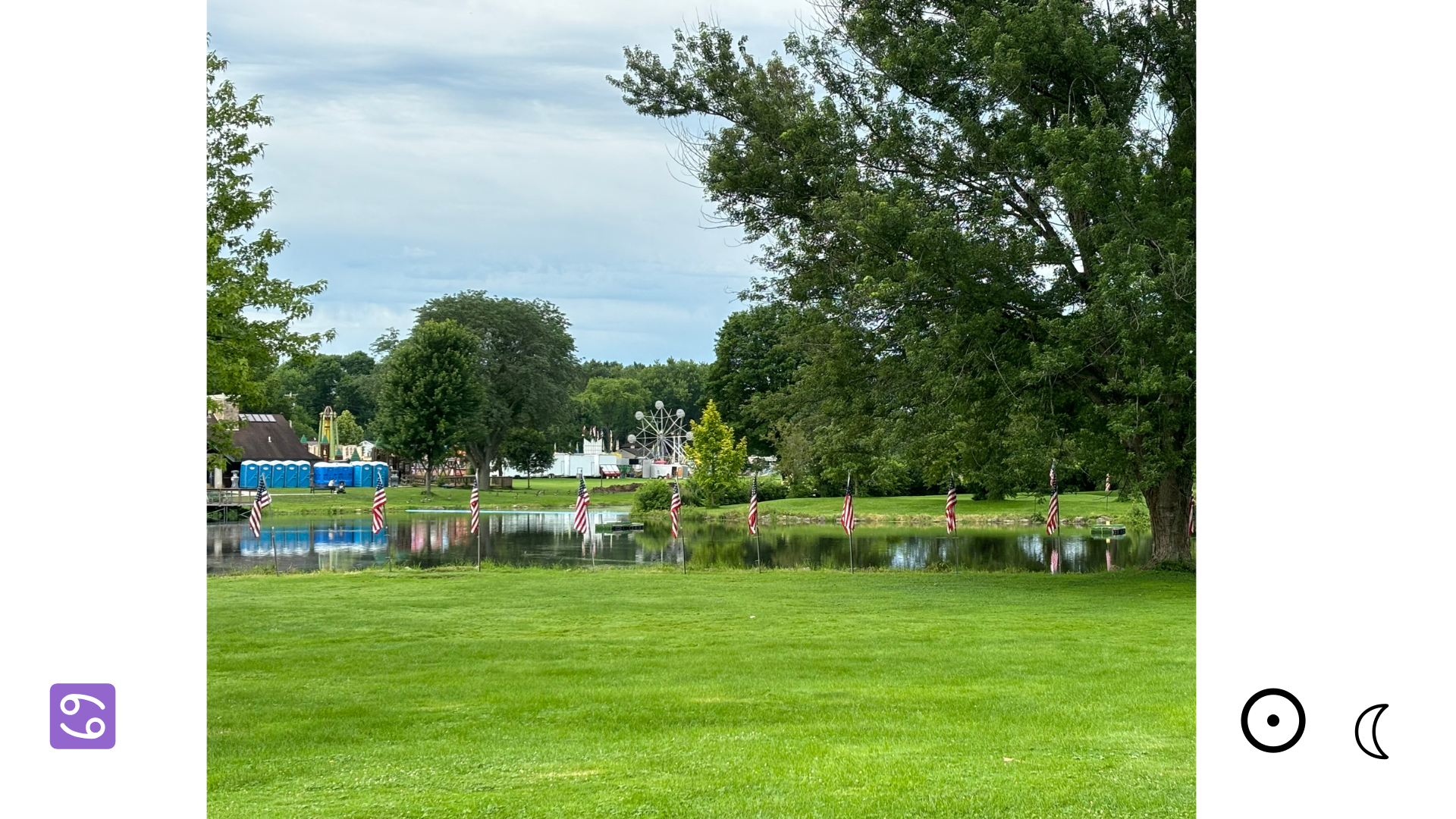Finding Ground: The need for contemplation and a dash of humor in astrology
As someone who contemplates astrology every day, I’ve noticed how astrology can sometimes feel like a disembodied experience — lost in theory rather than grounded in reality. I found myself in one of those moments just last week.
While driving to the grocery store I was listening to a podcast episode about the October astrology forecast. They were discussing the upcoming Mars-Pluto opposition in early November in grim terms, as Mars’ intensity clashes with Pluto’s transformative force, a potent recipe for upheaval.
Before I knew it, a wave of anxiety overwhelmed me for a few minutes.
To find balance, I turned to reading, seeking something to ground my thoughts. A few days later I stumbled upon the essay An Urban Farmer’s Almanac: A Twenty-First-Century Reflection on Benjamin Banneker’s Almanacs and Other Astronomical Phenomena by Erin Sharkey (from this book). It was a wonderfully grounding experience to read it.
Sharkey said “I was uninterested in astrology until I learned that farmers had used it.” Farming! What a great entry point into astrology.
She made references to the The Old Farmer’s Almanac in clever ways throughout the essay, so I went to the library yesterday and picked up a copy of the 2024 Farmer’s Almanac.
Of course I took a look at what it said for the first day of the dreaded Mars-Pluto opposition. “On the 1st, Mars, now a brilliant magnitude 0, rises at midnight just below the Gemini twins, Castor and Pollux, with dazzling Jupiter high above them.”
Confession: I didn’t know what “magnitude 0” meant so I asked ChatGPT. It turns out magnitude measures the brightness of celestial objects. The sun is the brightest, at -26. A full moon is -12.7.
“Mars, at magnitude 0, would be bright but not as overwhelmingly luminous as Jupiter.”
Overwhelmingly luminous Jupiter! It’s too easy to forget that Jupiter is still in Gemini, adding magnitude to our collective astrological garden.
With Jupiter here we would do well to consider that the founding editor of the Almanac said back in the 18th century that his mission was to be “useful, with a pleasant degree of humor.”
I can’t help but take a fun jab at Pluto by noting that Pluto’s magnitude will only be +14.6 on November 1, which means it will be “incredibly faint.” Take that, Mars-Pluto!
In the the astrology section of the alamanc, called Best Days of 2024, while Mars and Pluto stir cosmic drama November 1-3, the Almanac urges us to “brew,” “demolish,” and “straighten hair” – down-to-earth tasks that remind us to stay present in our bodies.
My preference to focus on astrology as an embodied experience is why I like weaving in nature references from the Book of Changes/I Ching when writing about astrology and avoid writing typical horoscopes. I find there is a lot of value in focusing on the simpler things like the Moon and Sun and going deeper in learning more about the zodiac signs.
According to the I Ching calendar, we are near the end of the 15 day solar term that began with the fall equinox and are in the five day micro-season called “water begins to dry up.”
Per this calendar, which is similar to a farmer’s almanac, the Contemplation hexagram is the one presented to us:
A wind rustles the earth. Watching, observing.
Kings past call upon the four guardians of the universe to aid them toward the correct guidance of their people. You must see and also be seen. Others will then put their trust and faith in you.
…There is a need for contemplation. Reevaluate your motivations… Observe. Observe the wind. Observe the earth. — I Ching: The Oracle by Benebell Wen
As we move toward potent astrological shifts, the I Ching offers a timely message: contemplate, observe, and be seen.
Much like the wind rustling the earth, this Mars-Pluto opposition will be an opportunity to watch closely, not react hastily. There is wisdom in letting things unfold while staying rooted.
In astrology, as in farming, timing and observation are everything. Whether it’s the magnitude of planets or the rhythm of seasons, both systems remind us to stay grounded and to approach life with contemplation—and, when possible, with a little humor.
_____________________
WHAT I OFFER:
Consultations:
Astrology Consultations and Tutoring
Writing:
Subscribe to the Reading in Depth monthly newsletter
Get blog posts for free by email or on Substack (also free)
Index to my popular blog posts about personality typology










